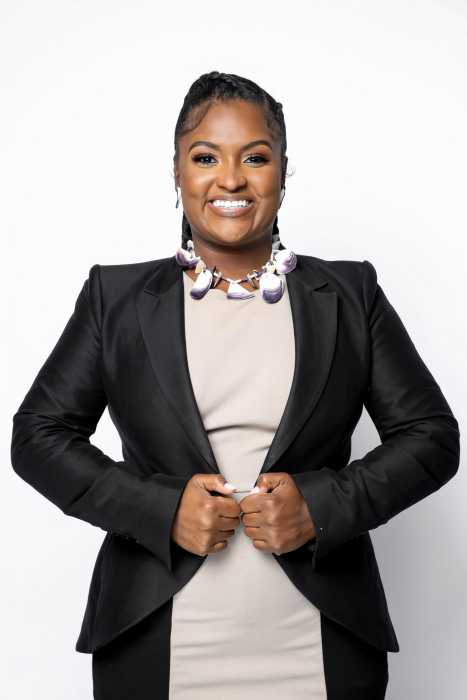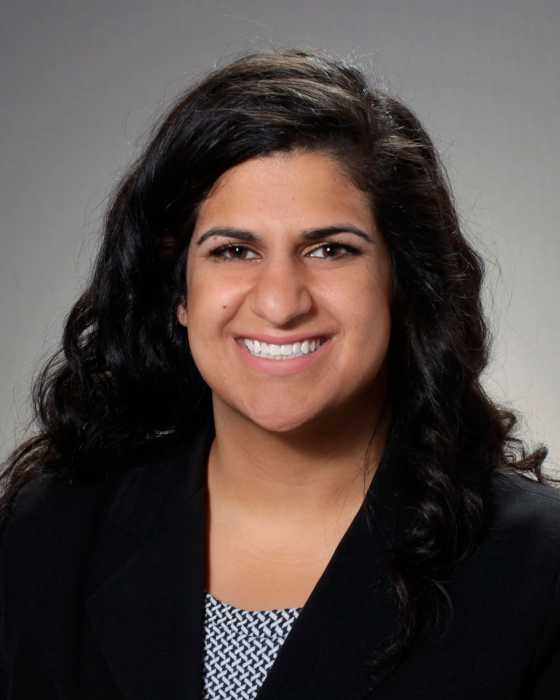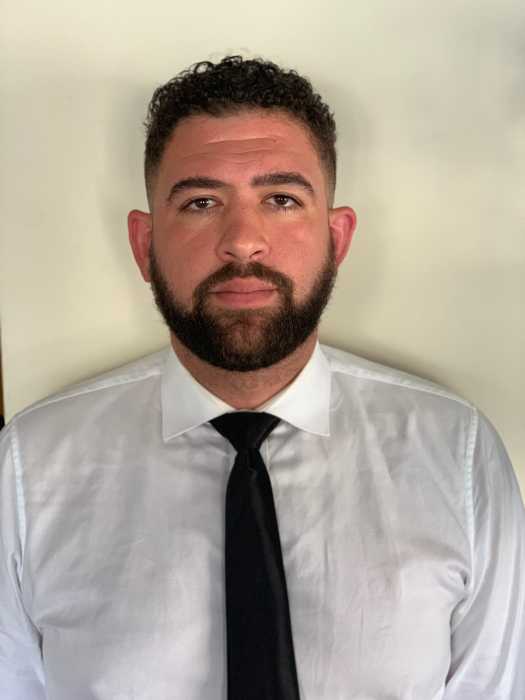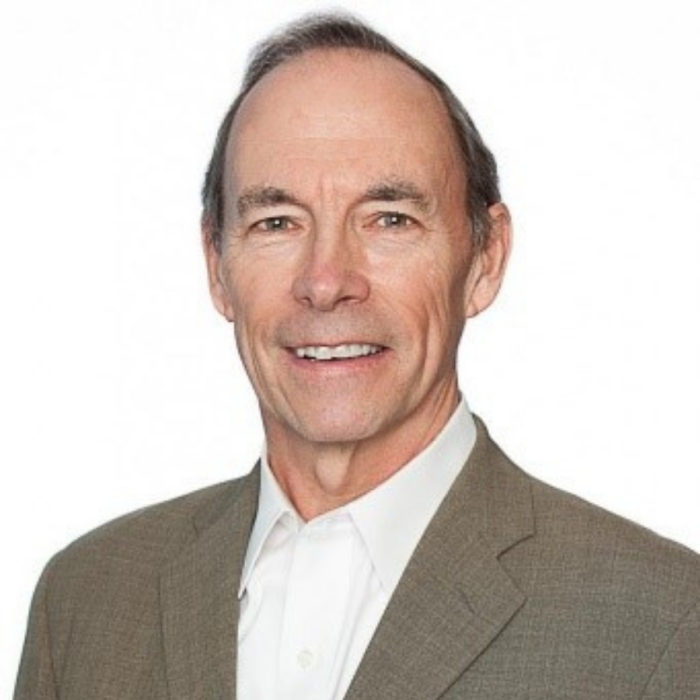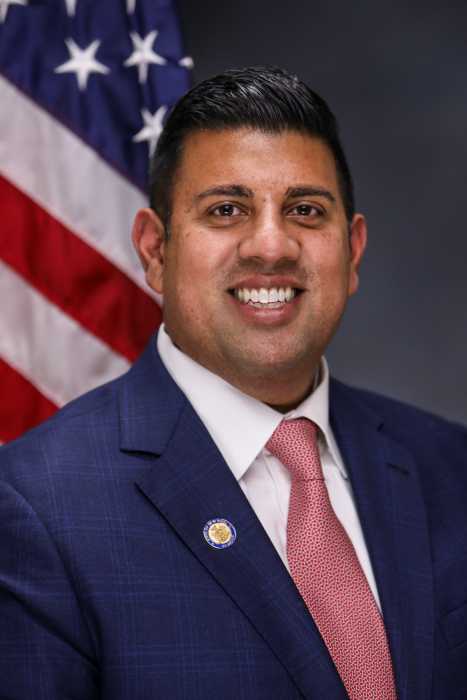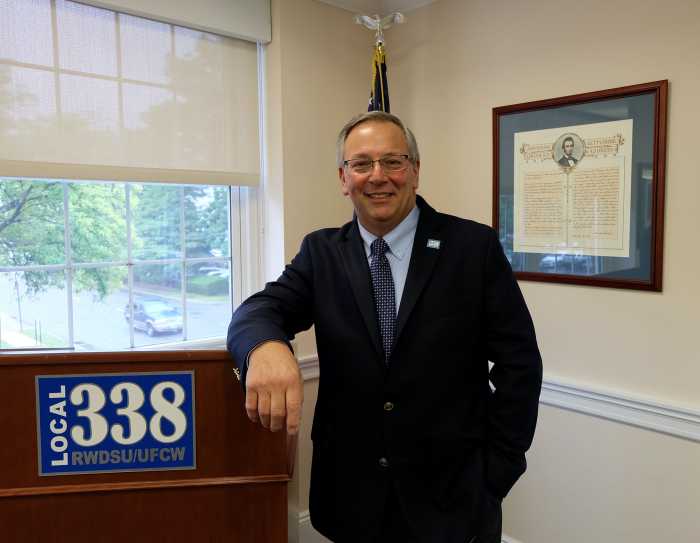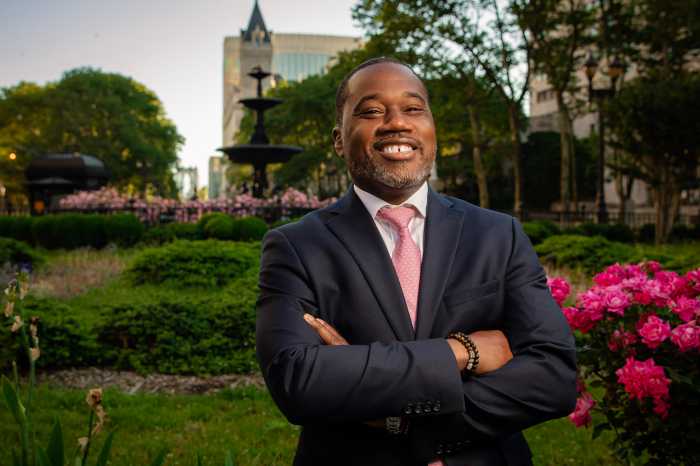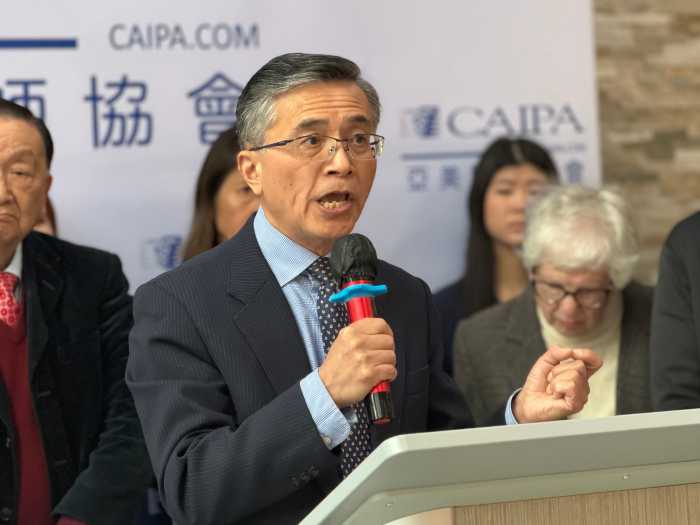Chenae Bullock is an enrolled Shinnecock Nation citizen and descendant of the Montauk Tribe in Long Island, New York. Chenae is a community leader, water protector, cultural preservationist, and humanitarian. She is a recently published author of 50 Plant Medicines: Indigenous Oral History & Perspective. Chenae is the founder and owner of Moskehtu Consulting, LLC, which is a Native American-owned and -operated cultural and heritage preservation firm. She is currently the managing director for Little Beach Harvest, a cannabis business wholly owned by Shinnecock Nation.
Where do you see the cannabis industry in New York State in five years?
I see the cannabis industry becoming one of the leading industries in the state. I believe this industry is going to save many lives by reuniting families who have been broken by the incarceration of many during the times cannabis was outlawed.
What attracted you to the cannabis industry?
Helping to make sure Native Americans are not left out of the industry.
Tell us one fun fact about cannabis!
One of my favorite medicinal values of cannabis is that it has the ability to bring ALL people together and create real solutions.
Cannabis has clear value to people’s health. Tell us your favorite way to stay healthy and fit.
My favorite way to stay healthy and fit is to NOT STRESS. I spend the majority of my time outdoors in nature. Being around plant medicines grown in the wild helps to cleanse and keep my immune system strong.


